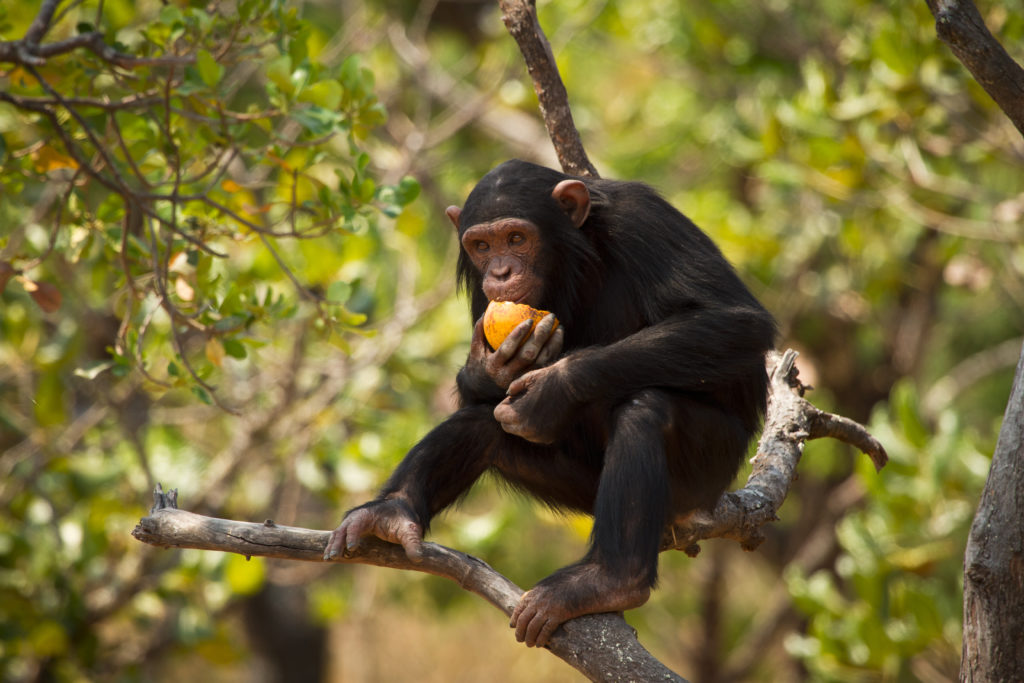
This had to be a story I covered – monkeys and alcohol sounds too good to pass up. But this is also linked to the “drunken monkey” hypothesis: that humans developed their love for alcohol in earlier primitive times accidentally, and then intentionally, eating fruit that had fermented.
Indeed, UC Berkeley biologist Robert Dudley has been fascinated by the human attraction to alcohol and outlined the drunken monkey hypothesis in his book, eight years ago now. In this study lead by Christina Campbell, they tracked spider monkeys in Panama and measured alcohol content in their discarded fruit and found that these contained 1-2% alcohol.
What’s more they then measured urine of these monkeys and could see metabolites which are produced by the metabolism of alcohol. This shows that not only were these monkeys consuming alcohol but that they could metabolise this. This is a direct test of the drunken monkey hypothesis and suggests that our affinity to alcohol developed in a similar way.
However, it is no excuse to get stuck into your booze – research has shown that just about any dose of alcohol is bad for you – on the other hand this may suggest that low levels of alcohol consistently may be ok – just that our alcoholic beverages all contain a lot more than this 1-2%.
Reference:
Christina J. Campbell, Aleksey Maro, Victoria Weaver, Robert Dudley.
Dietary ethanol ingestion by free-ranging spider monkeys (Ateles geoffroyi ).
Royal Society Open Science, 2022; 9 (3)
DOI: 10.1098/rsos.211729
More Quick Hits
Learning Before Age Five Can be Seen in the Brain Forty Years Later
Quick HitsDaily brief research updates from the cognitive sciences ducation before age five leaves structural changes to the brain, identifiable forty years later — impressive! This is the beauty of long-term longitudinal studies (the negative side...
Exercise in Childhood Predicts Healthy Brains (into Adulthood)
Quick HitsDaily brief research updates from the cognitive sciences k, we all know by now that exercise is good for you. Many of you may also be more than aware that exercise is a potent stimulator for the brain encouraging brain growth and...
The Surprising Truth of Why Powerful People can be Toxic
Quick HitsDaily brief research updates from the cognitive sciences e’ve all heard the stories of toxic bosses, and powerful people who happily destroy other people’s lives, and show no compassion to those less fortunate than themselves. There is a...
Leadership Behaviours for More Resilient and Effective Teams
Quick HitsDaily brief research updates from the cognitive sciences hat makes for effective and resilient teams is something that interests many leaders and organisations. I have spoken about some of these aspects in other articles, particularly...




